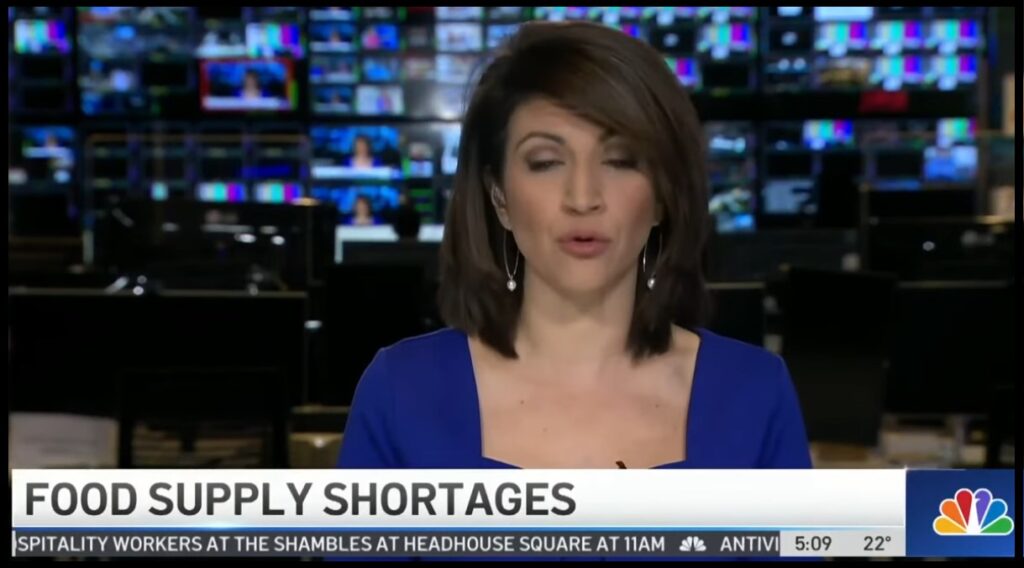The absence of food will change things….. Quickly.
The issues will fluctuate region by region and chain by chain as we enter the destabilization phase. In this phase the impacts in some operators will be small, and in others will be more noticeable. The difference will be the overall operational excellence in the proprietary business system they operate.
However, once the internal merit is exhausted, the manufacturing issues will impact all food retailers regardless of their warehouse and distribution excellence, or lack thereof. Ironically, small independent stores might be in the best position to withstand fresh supply pressure as they are closer to the field.
The further away the retail business operation is from the farmer, the greater the impact. The more people, systems and bureaucracy there are between the retailer and the farmer, the greater the operational impact. The longer the supply chain, the greater the impact. It is an unusual dynamic, but the local farmers’ markets are going to be the best source of consistent local supply. That reality is why the urban areas are going to be hit the hardest.
In this media report from Philadelphia, the local NBC affiliate blames the food supply issues exclusively on Omicron.
This claim is patently false [SEE HERE].
The final straw, to collapse the remaining supply, will likely be the cross-border truck driver vaccine mandate which kicks in on January 15th.
After that, things start to get sketchy.


